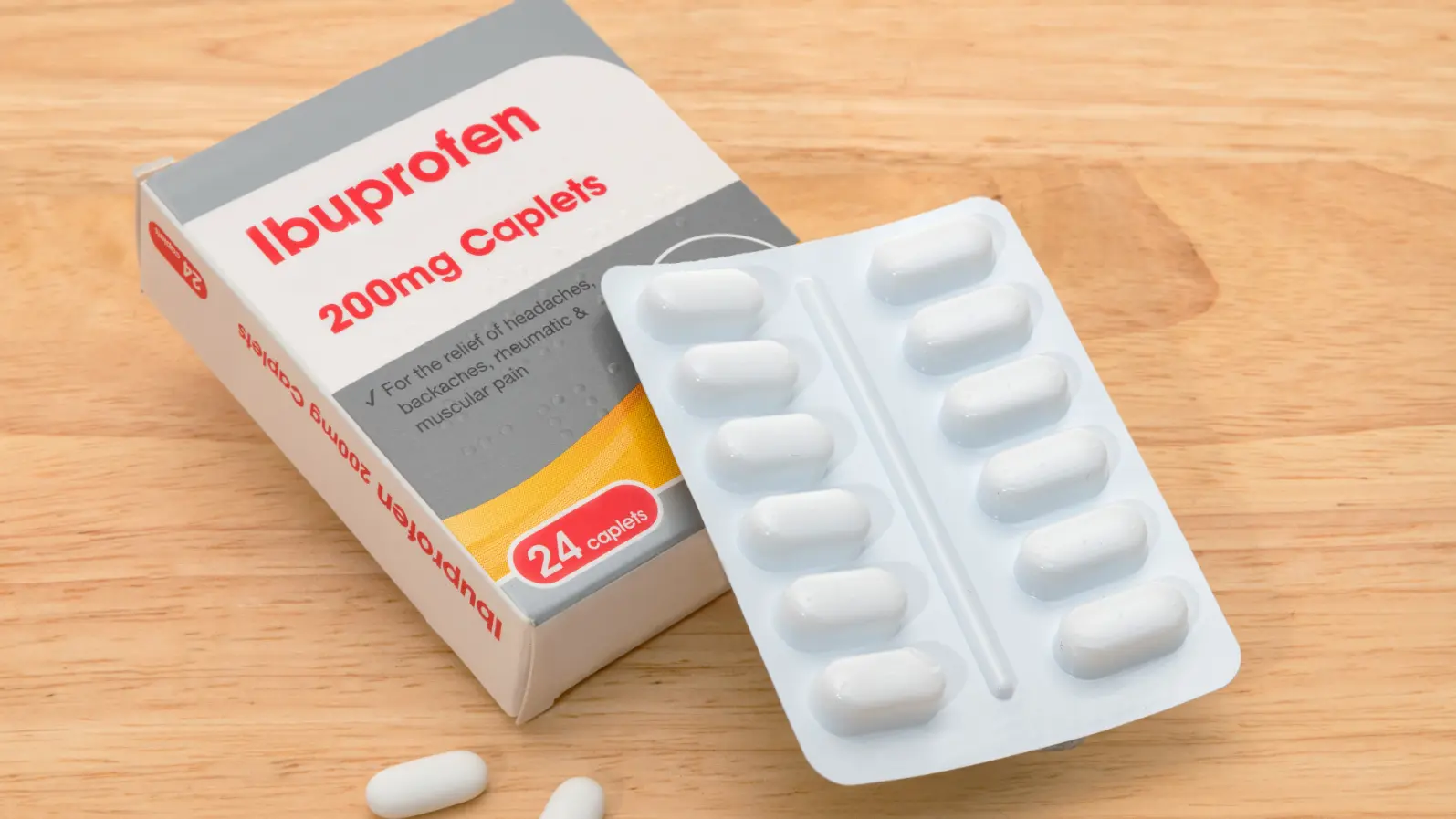
Breaking the Habit: Ibuprofen Beats Opioids for Wisdom Tooth Pain
Large U.S. study finds nonopioid painkillers more effective — and safer — after dental surgery
For decades, dentists have reached for opioids to manage pain after wisdom tooth extraction. But new evidence suggests that this long-standing practice might be unnecessary — and even counterproductive.
A major U.S. clinical trial, published in The Journal of the American Dental Association (JADA), reveals that a simple combination of over-the-counter painkillers—ibuprofen and acetaminophen—not only works as well as opioid-based medications but actually performs better in easing pain and improving patient satisfaction.
A Safer Way to Manage Post-Surgery Pain
The Opioid Analgesic Reduction Study (OARS) was a multi-site, double-blind randomized clinical trial involving 1,815 adult participants who underwent surgical extraction of impacted third molars (wisdom teeth). Researchers compared two common pain management options:
Opioid group: 5 mg hydrocodone with 300 mg acetaminophen
Nonopioid group: 400 mg ibuprofen with 500 mg acetaminophen
Patients took the medications every 4–6 hours as needed for pain.
The results were striking: those who took the nonopioid combination reported less pain during the first two days after surgery and higher overall satisfaction compared to those who took opioids. By the end of the recovery period, both groups experienced similar pain relief — but the opioid users had more side effects and were less satisfied overall.
The Numbers Behind the Findings
Pain relief: Nonopioid users had significantly less pain on the first day and night (mean difference: –0.70 on a 10-point scale) and the second day and night (–0.28).
Satisfaction: 85.3% of patients on nonopioids said they were extremely satisfied or satisfied with their pain control, compared with 78.9% in the opioid group.
Side effects: Fatigue, dizziness, nausea, and difficulty concentrating were all more common among opioid users.
Rescue medication: Only 2.9% of nonopioid users needed backup pain medication, compared to 6.1% in the opioid group.
Implications for Dentistry — and Beyond
Dentists are among the top prescribers of opioids in the U.S., writing nearly 9 million prescriptions in 2022 alone. Young adults — often first exposed to opioids after wisdom tooth extraction — face a heightened risk of later misuse or addiction.
This study challenges that practice head-on. The researchers found no point at which opioids outperformed the ibuprofen–acetaminophen combination. The findings reinforce the American Dental Association’s recommendation that nonopioid medications should be the first-line therapy for acute dental pain.
“Our results support eliminating routine opioid prescribing after dental surgery,” said lead author Dr. Cecile Feldman of Rutgers University. “The combination of ibuprofen and acetaminophen should be the standard of care.”
From Evidence to Everyday Practice
Beyond its immediate clinical message, the trial offers hope in addressing the broader opioid crisis, which still claims more than 80,000 American lives each year. By proving that safe, nonaddictive pain relief is not only possible but preferable, the OARS study provides a clear roadmap for dentists and surgeons alike.
The takeaway is simple yet powerful:
For most dental surgeries, ibuprofen plus acetaminophen is enough. Opioids aren’t needed—and may do more harm than good.
Reference:
Feldman CA, Fredericks-Younger J, Desjardins PJ, et al. Nonopioid vs opioid analgesics after impacted third-molar extractions: The Opioid Analgesic Reduction Study randomized clinical trial. JADA. 2025;156(2):110–123.
https://doi.org/10.1016/j.adaj.2024.10.014